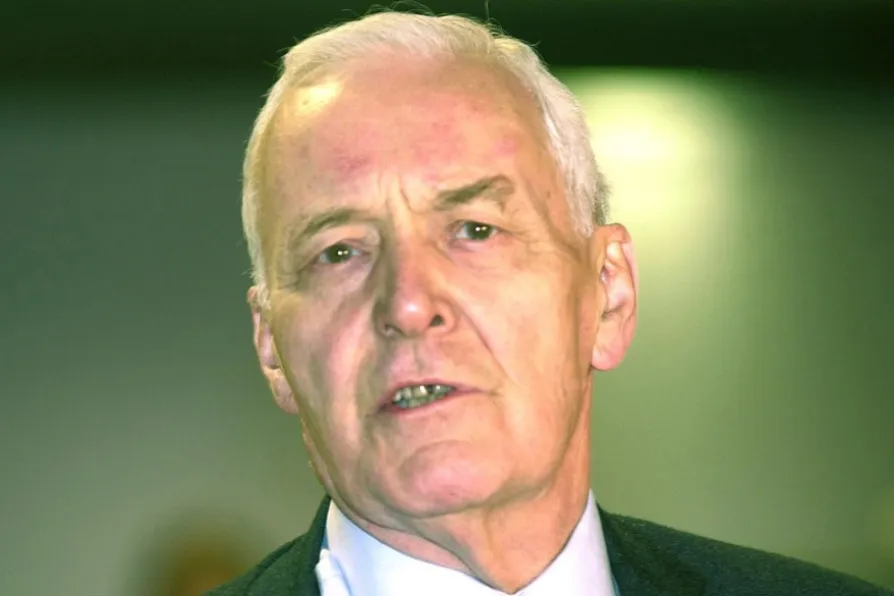As Colombia approaches presidential elections next year, the US decision to decertify the country in the war on drugs plays into the hands of its allies on the political right, writes NICK MacWILLIAM


IT IS the 50th anniversary of the events of 1968, events that shook the world, west and east, and did a good deal to give rise to many of the ideas and movements, from women’s and gay liberation to a new left politics, that were to be key features of the decades that followed.
For example, they certainly informed the socialist politics of the current leadership of the Labour Party.
How 1968 is remembered and assessed 50 years on is, as it were, up for grabs.

In 1981, towering figure for the British left Tony Benn came a whisker away from victory, laying the way for a wave of left-wing Labour Party members, MPs and activism — all traces of which are now almost entirely purged by Starmer, writes KEITH FLETT

Who you ask and how you ask matter, as does why you are asking — the history of opinion polls shows they are as much about creating opinions as they are about recording them, writes socialist historian KEITH FLETT

KEITH FLETT revisits debates about the name and structure of proposed working-class parties in the past

The summer saw the co-founders of modern communism travelling from Ramsgate to Neuenahr to Scotland in search of good weather, good health and good newspapers in the reading rooms, writes KEITH FLETT













